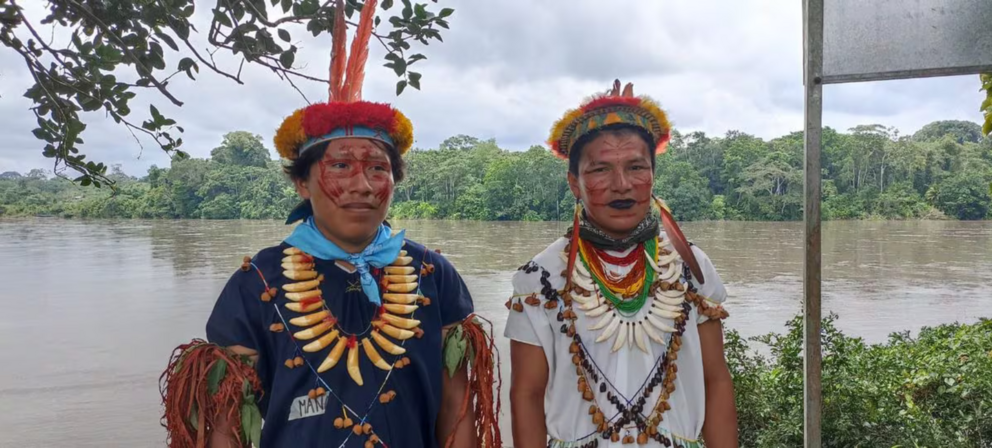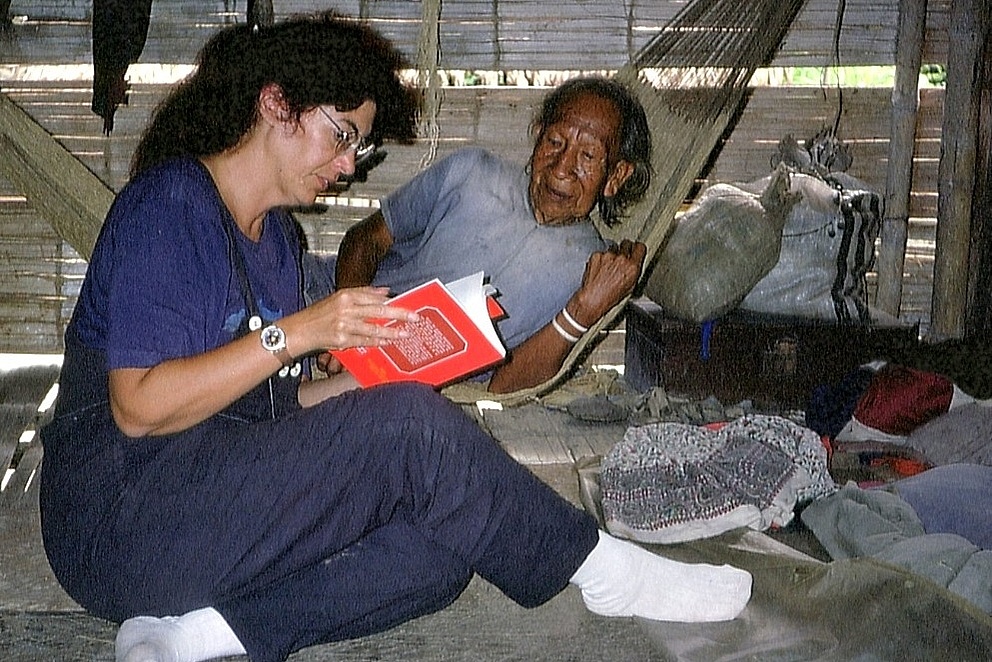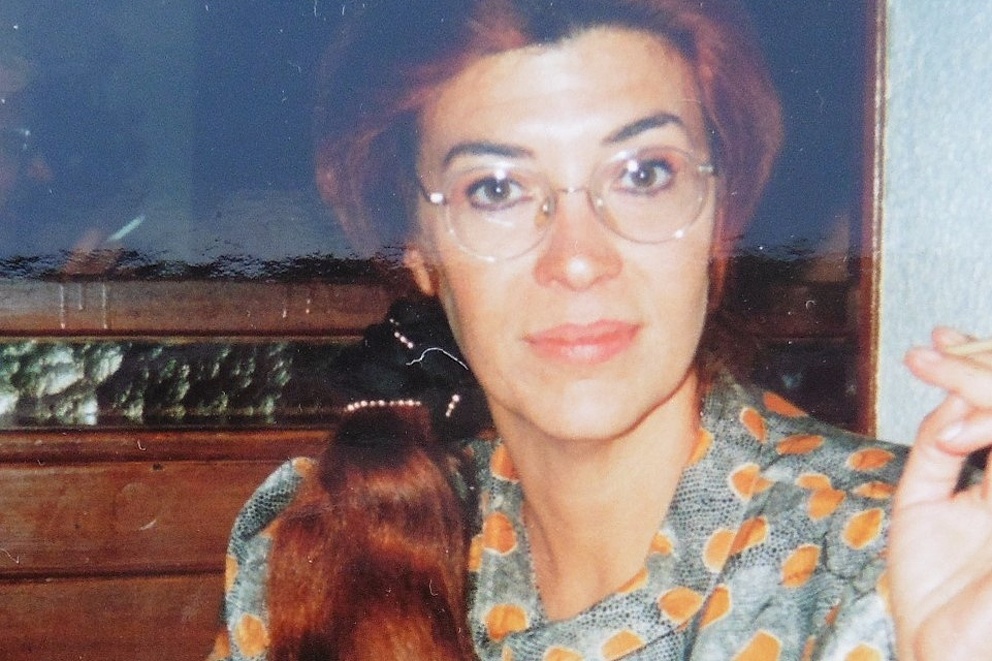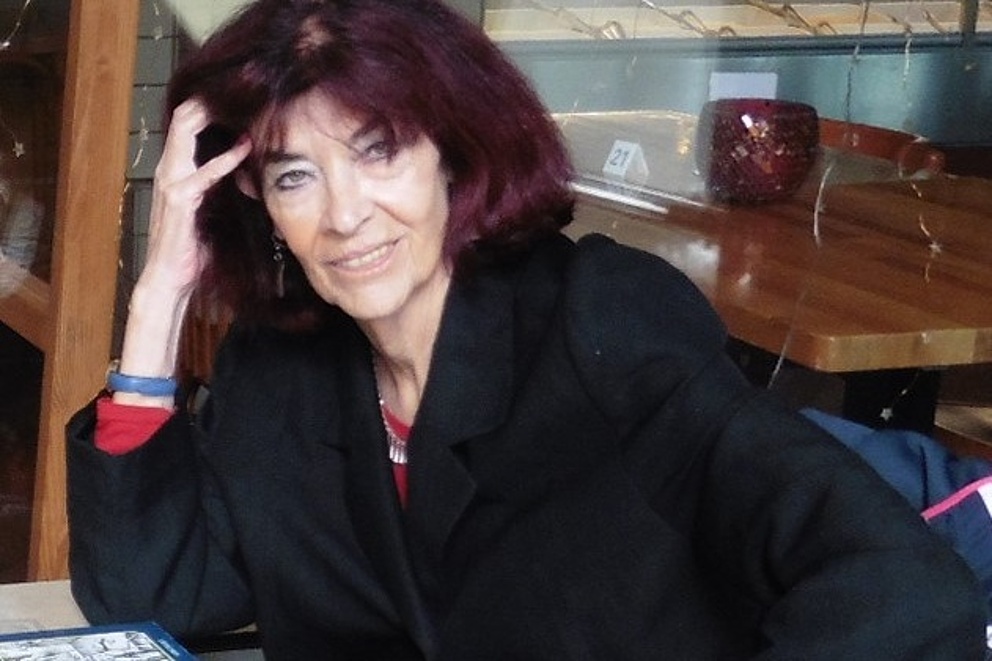Jump to the content
- {{#headlines}}
- {{title}} {{/headlines}}


Contact
Press, Communications and Marketing
Tel.: +49 228 833-144
Fax: +49 228 833-441
presse[at]avh.de
“It concerned a forest area on the border between Ecuador and Peru. For the Siekopái it is the land of their ancestors, called Pë'këya in their own language. This territory is very precious to them because it is the site of important sacred places,” explains the Professor emeritus of American Anthropology and Ethnology at the University of Bonn.
The Siekopái, one of the lowland Indigenous nations in the western Amazon, were driven from their ancestral territory on the Aguarico River in 1941 by the war between Ecuador and Peru. This stretch of land on the equator is shaped by rain forests and lagoons. Decades later, with growing post-colonial awareness, the displaced people demanded their land back and sued. Maria Susana Cipolletti was called as a witness at the trial in Sucumbíos, Ecuador.
No-one knows as much about the lives and world of ideas of the Indigenous societies of South America as the Argentine-born researcher. Even before coming to Bonn on a Humboldt post-doctoral research fellowship in 1985, she had lived with the Siekopái in the lowlands of the western Amazon conducting field research. “For years, no-one knew anything about the people. They lived far from the Spaniards’ cities and only spoke páikoká (‘the language of people’),” says Cipolletti. Even today, the 800 Siekopái in Ecuador and 300 in Peru still speak páikoká.

“Just like all the other Indigenous societies in South America, the Siekopái have no written culture; history, myths and rites are passed on orally,” explains Cipolletti who spent many hours together with the shamans who told her the history and stories of their people. To her it was important not simply to observe and interpret utensils and behaviour but to make ‘objects’ into subjects and get the shamans, the guardians of culture, to speak for themselves.
So, in the Ecuadorian court the Siekopái needed to produce documents, that is, evidence of a written culture, to prove the land had originally belonged to them.
Maria Susana Cipolletti was able to help. Apart from fieldwork, since her first research visit to Bonn, she had gained a foothold in ethnohistory and proceeded to search for and study historical sources in the most important archives in Europe and South America. Several historical documents belonging to the Jesuits, including an anonymous manuscript dated 1753, provided the proof required in the 21st century that the Pë'këya area had originally been inhabited by the Siekopái for hundreds of years.

“For the Siekopái to survive, both mentally and physically, it is essential for them to be connected to their ancestors on these lands,” Cipolletti explains. In the Siekopái’s vision of the cosmos, it is possible to meet the ancestors in a trance induced by consciousness-expanding plant extracts (Ayahuasca), to see into the future and solve conflicts. These identity-forming rites and acts are place-bound. Conversely, this means that when these peoples lose their land, they also lose their identity, live in permanent alienation and die inwardly.
Referring to the religious beliefs of the Indigenous peoples of South America in her monograph Kosmospfade (Cosmos Paths, 2019), which incorporates the knowledge she has gathered over decades, Cipolletti writes that ‘religion’ is a western term that does not really apply to the rites and myths of the Indigenous peoples of South America. For her it is important to emphasise that the complexity of religious ideas is not bound to a certain form of society. “Societies that may seem ‘primitive’ to observers with a western worldview because of their way of life or sparse material culture often have more elaborate conceptions of the world than other societies that impress with the lavish decoration of their temples or cities,” Cipolletti writes in Kosmospfade. An important insight when breaking down cultural hierarchies and divisive attributions in the colonised world.
At the end of 2023 after a protracted trial, the judiciary in Ecuador awarded the Siekopái ownership of more than 42,000 hectares of land. The aged Secoya, Cesario Piaguage Payaguage, had wanted to return to the sacred places to die in order to fulfil his ritual cycle. For him the verdict came too late.

Today, Maria Susana Cipolletti enjoys her retirement in Spain. She can look back on a unique life as an ethnologist between Europe and South America in which Germany and German ethnologists like her doctoral supervisor Otto Zerries in particular, as well as the Humboldt Foundation, played a special role. Even if knowledge of German is not required for the application, Maria Cipolletti strongly recommends young female researchers from South America to learn German so that they can really immerse themselves in the language. She herself started at an early age in order to read Rilke, Hölderlin and Thomas Mann in the original.
The existence of the Indigenous peoples of South America is under threat, partly because their living space is being destroyed by oil production. Together with these people, languages and entire ‘COSMOI’ disappear. Maria Susana Cipolletti has played a huge part in expanding world knowledge of humankind by adding the worlds of the Indigenous nations of South America. It is an arduous journey, but she would love to visit the Siekopái once more. Off to Pë'këya!
